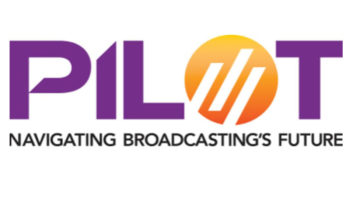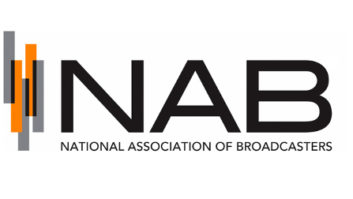Text has been updated with additional information.
Concerns about the nation’s Emergency Alert System remain high at the National Association of Broadcasters. The organization submitted ex parte comments to the Federal Communications Commission earlier this month about various EAS issues, summarizing a teleconference call with members of the FCC’s Public Safety and Homeland Security Bureau.
The NAB staffers involved were Kelly Williams and Larry Walke. Issues discussed included multilingual alerting, EAS equipment updates and how and when a broadcaster should report a false alert to the public. Changes to Part 11 rules are being proposed and are expected to be voted upon at an upcoming FCC meeting.
When it comes to multilingual alerts, the NAB reiterated its position that alert originators, not broadcasters, should be responsible for issuing alerts in multiple languages. The same holds true when it comes to providing alerting information for persons with disabilities, the NAB said. While broadcasters are currently using text-to-speech technology to provide crawl information in English, the current state of multilingual TTS technology may not be able to capture the context and nuances for non-English alerts.
There’s also the question of expense when it comes to implementing multilingual TTS technology. “There would be more involved than simply purchasing the technology; a station would have to extract the information from the alert, possibly reformat the textual information to interact with other studio equipment, and ensure a reliable workflow for the alert,” the NAB wrote in the summary.
A better approach is for alert originators to issue alerts in the preferred languages for automated retransmission by broadcasters.
The NAB touched on the issue of false alerts, objecting to the commission’s proposals on timing and reporting.
According to the association, the FCC’s proposal to require an initial report on a false alert within 30 minutes is unreasonable. “Such an obligation would only distract station staff from correcting the problem at hand,” the NAB argued. Likewise, a proposal requiring a station to publicly state that it filed a false alert report will serve no apparent purpose. “[It] would needlessly embarrass stations.”
The NAB also disagreed with a proposed requirement that all EAS participants certify compliance with certain EAS security measures. To do this, many stations would have to hire an outside IT consultant and engage an attorney to help ensure the accuracy of their certification. “Broadcasters already invest the time and resources to monitor and check the security of all their systems and equipment, including EAS, and that an annual certification obligation would be an expensive, unnecessary burden,” it said.
Despite these concerns expressed by the NAB, the FCC is planning to formally consider both an EAS Report and Order and Further NPRM at its Dec. 15 open meeting.
According to the commission the R&O proposals would improve alerting organization, build stronger community-based alerting exercise programs, and protect EAS against accidental misuse and malicious intrusion. Likewise, the commission said, the notice seeks comment on certain technological alerting and security proposals. Related items on the EAS Docket No. 15-94 can be found here.












